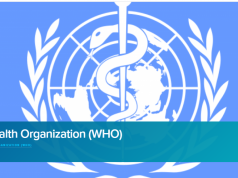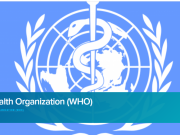Sadly however, the agency keeps showing its “short-sighted nature” in refusing to incorporate the products in its anti-smoking strategies. “This direction is not contradictory to the FCTC itself, only the policies the WHO has chosen to pursue in the interim,” reads the report.
The FCTC’s protocol has not been amended since it’s creation
The APPG expresses concern about the fact that the FCTC’s protocol has not been amended since it was created, which “reflects a view of tobacco control formed at the turn of the century and is consequently out of date”, adds the report. “The lack of risk-sensitivity is evident, even though smokeless tobacco products such as snus had an observable harm reduction effect that was clear at the time the text was finalized.”
Earlier this year, the MPs called onto the UK government to stop funding the WHO unless it stops acting with hostility with regards to vaping. They highlighted that the WHO’s inaccurate insistence that vaping is as dangerous as smoking, despite the scientific data indicating the contrary, is unacceptable. In fact, to date there are countless peer reviewed scientific studies indicating the effectiveness of such products as harm reduction and/or smoking cessation tools.
The UK’s contrasting and successful stance
In a 2018 press release, Public Health England (PHE) had released findings from a major e-cigarette review conducted by leading independent tobacco experts. This release had updated the organization’s original 2015 vaping report, confirming that vaping is at least 95% safer than smoking.
And once again, the PHE’s seventh and latest independent report on vaping released this year, has reiterated that vaping is the most commonly used method to quit smoking. By endorsing the use of vaping products, the UK has in recent years achieved the lowest smoking rates ever recorded since cigarettes came into existence.
Read Further: TobaccoIntelligence













